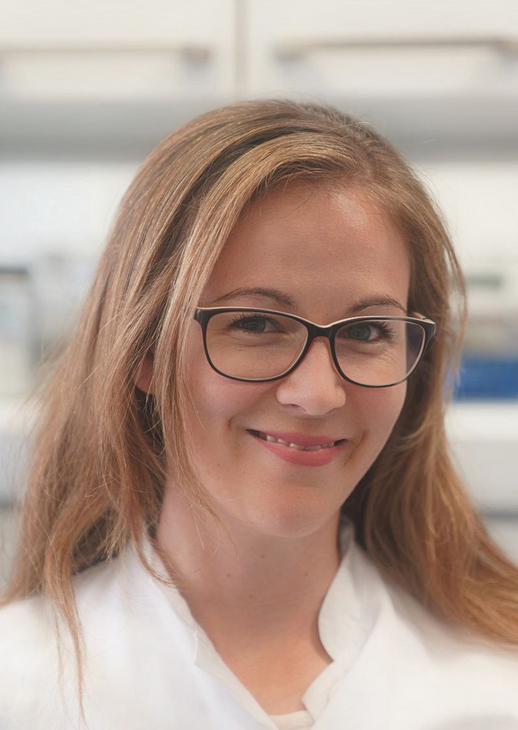Tumor immunology and T cell based immunotherapies
Allogeneic hematopoietic cell transplantation (allo-HCT) is a potential curative therapy option for patients with hematological malignancies and is based on the beneficial graft-versus-leukemia (GvL) effect, in which allogeneic T cells present in the graft recognize and eliminate residual leukemia cells. However, the allogeneic T cells can also attack healthy tissues of the recipient, resulting in graft-versus-host disease (GvHD), a severe and potentially life threatening complication of allo-HCT. Therefore, our lab is interested in further analysing the molecular mechanisms of these two effects, in order to find potential new therapies that target GvHD while sparing the beneficial GVL Effect. For this aim, we use classical genetic mouse models and T cell characterization approaches as well as novel NGS-based technologies, including single-cell RNA sequencing.
The second focus of our research is the identification of novel targets for immunotherapies in hematological malignancies, in particular key regulators of immune checkpoint molecules. With the development of immune checkpoint inhibitors (ICI), the treatment landscape of numerous cancer entities has been revolutionized. However, to date only a subset of patients responds to ICI therapy and ICI can also induce severe immune-related adverse events (irAEs), which oftentimes require ICI discontinuation and corticosteroid treatment, hence limiting the success of ICI therapy. Therefore, we are studying novel regulators of immune checkpoint molecules and how oncogenic signaling induces immune checkpoint molecule expression and immune escape in the context of hematological malignancies. Furthermore, we aim to elucidate the mechanisms of and find novel biomarkers for irAE development during ICI therapy.






